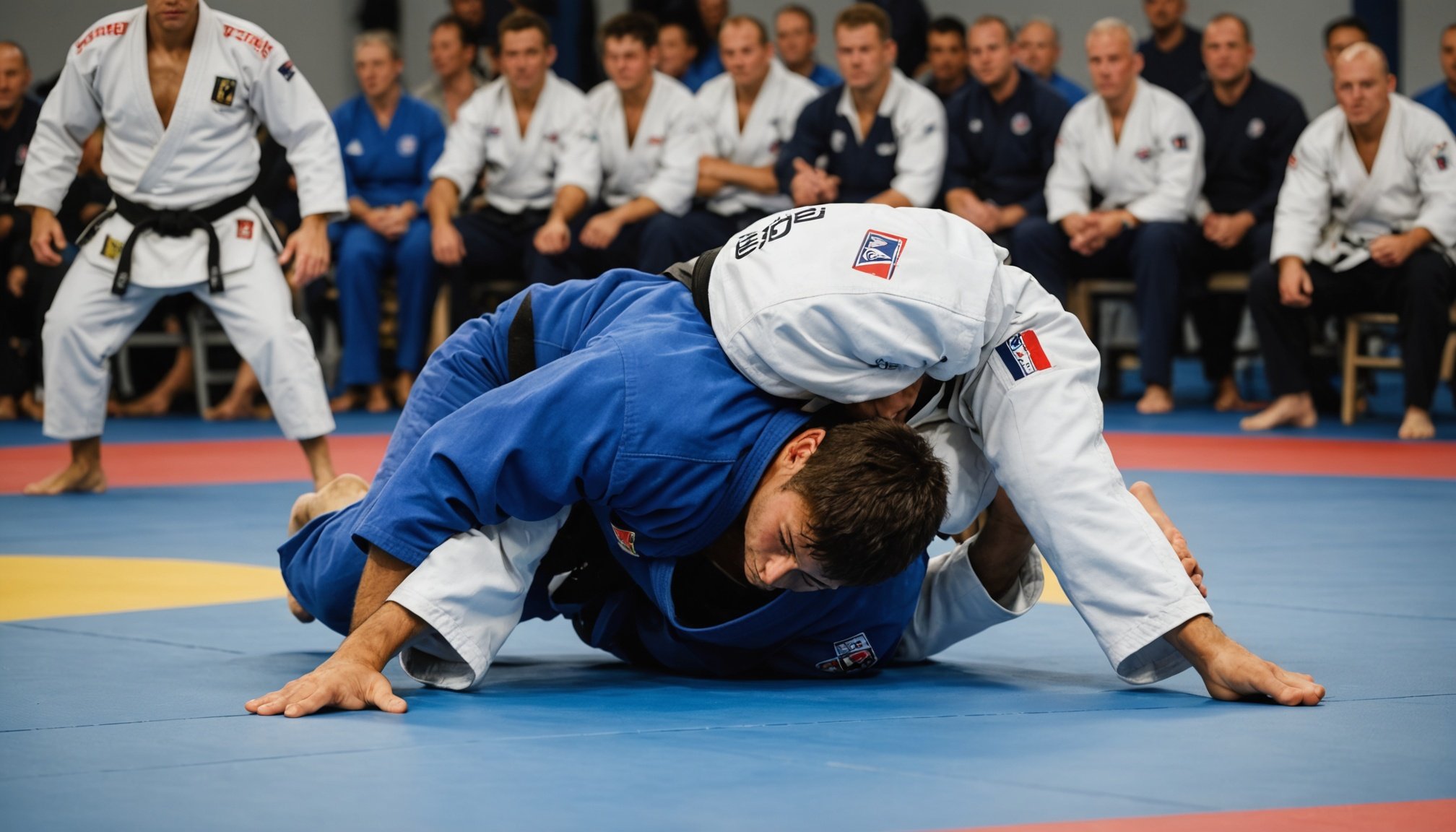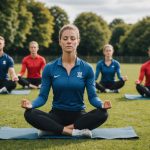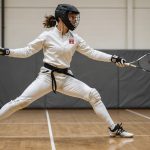Tactical Training Routines for Judo Athletes
In the realm of judo training, it is paramount to focus on sport-specific routines that closely simulate actual match conditions. These tailored tactical drills enhance skill and agility, making athletes better prepared for the myriad challenges they might face on the tatami. By formulating training sessions around the core movements and strategies of judo, practitioners can build muscle memory and sharpen their tactical acumen.
One of the key elements in elevating judo performance is incorporating drills that cultivate both mental and physical agility. Practicing situations such as grip fighting, reaction time exercises, and off-balance attacks can significantly bolster an athlete’s competitive edge. These tailored exercises are designed to mimic real match scenarios, allowing athletes to refine their technique and decision-making skills under pressure.
Also read : Enhancing fencing excellence: how biomechanical analysis transforms techniques for uk athletes
Yet, it’s not merely about tactical prowess; integrating a strength and conditioning regimen into regular judo practice is equally crucial. By combining resistance training with explosive plyometrics, judokas can enhance their core strength, endurance, and overall power. This holistic approach ensures that athletes are not only equipped with the necessary skills but also possess the physical resilience to execute them effectively during competition.
Mental Preparation Strategies
In tennis, fostering mental toughness is as crucial as physical preparation. Developing a competitive mindset before matches can significantly impact performance. One effective strategy is employing visualization techniques. These involve imagining match scenarios and your successful execution of skills. This mental rehearsal allows players to anticipate challenges, boosting confidence and readiness.
Also to read : Achieving Peak Clarity: How UK Martial Artists Use Meditation to Sharpen Focus and Alleviate Anxiety
Visualization techniques enhance performance by mentally simulating positive outcomes, leading to improved focus and strategy implementation during actual matches. By repeatedly imagining successful serves, volleys, and returns, a player can build a robust mental script to draw upon when under pressure.
Besides visualization, mental toughness also relies on striking a balance between relaxation and focus. A relaxed state enables players to access their full range of abilities without succumbing to performance anxiety. Techniques such as breathing exercises and meditation can aid in achieving this optimal state of mind.
Embracing these mental preparation strategies helps players establish a competitive mindset. This mindset fosters resilience, adaptability, and focus, particularly in high-pressure situations. By focusing on cultivating mental toughness through visualization and relaxation methods, players are more likely to excel on the court, turning mental preparation into a strategic advantage.
Nutritional Guidance for Optimal Performance
A judo athlete’s dietary needs play a pivotal role in their performance. Giving attention to meal planning is crucial, as it ensures athletes receive essential nutrients for optimal activity levels. A balanced diet is fundamental, offering an equilibrium of carbohydrates, proteins, fats, and vital micronutrients. Athletes should prioritise consuming whole grains, lean proteins, healthy fats, and a variety of fruits and vegetables to cater to their energy demands and promote weight management.
When it comes to meal timing, the right schedule can significantly impact an athlete’s performance. Consuming meals 3-4 hours before training or competition ensures adequate digestion and sustained energy levels. Meanwhile, hydration strategies are equally important. It is essential for athletes to hydrate properly before, during, and after matches.
Hydration involves much more than merely drinking water; incorporating electrolytes can aid in maintaining electrolyte balance, especially during long judo sessions. While the hydration needs during and after training are often overlooked, consistent attention to these can pave the way for enhanced endurance, sharper focus, and reduced injury risk. By staying hydrated, athletes not only maintain their physical capabilities but also support overall well-being.
Case Studies of Successful UK Judo Athletes
Understanding the stories of successful judo athletes from the UK provides valuable training insights and inspiration. These athletes exemplify exceptional performance analysis, describing their ability to hone their skills and strategies meticulously. Among them is Sally Conway, a bronze medalist from the Rio 2016 Olympics. Her success story highlights the dedication to not just physical strengths but also mental resilience in judo.
Conway credits her achievement to a structured regimen and an unwavering focus on strategic planning. Her success underscores the importance of tailored training programs that address individual strengths and vulnerabilities, especially when facing formidable opponents. Sarah Adlington, a renowned heavyweight judoka, shares insights into her preparation, emphasizing the necessity of adaptive tactical approaches to match evolving challenges.
These athletes’ knowledge extends beyond typical physical preparation techniques. They focus on mental acumen, using visualisation and meditation techniques to maintain composure under intense pressure.
Key lessons from their athlete success stories reveal that a mix of physical conditioning, strategic planning, and mental preparation form the backbone of excelling in competitive judo. Such diverse preparation stages facilitate an upper hand in overcoming adversity in competitions. With profound insights into athlete success stories and performance analysis, aspiring judokas can emulate these successful practices.
Expert Insights and Tips
Discovering the best practices in judo often involves seeking guidance from those who’ve mastered the art. Renowned judo coaches provide invaluable coaching advice drawn from years of experience and countless hours on the mat. Emphasising the importance of mentorship, top coaches highlight how invaluable peer support is in a judoka’s journey. Mentors offer more than technical guidance; they inspire and motivate, serving as role models both on and off the mat.
A common tip from experts is to remain open to learning. In judo, each session should build awareness and refinement of technique. Regularly watching varied judo matches enhances understanding, offering different styles to incorporate into one’s own practice. Adopting this mindset promotes continuous progression and adaptability – critical in competitive sports.
Engage actively with peers during training. Not only does this foster a sense of community, but it also enhances learning through shared experiences and differing viewpoints. Through collaboration, judokas can refine their tactics and draw fresh perspectives from their training partners.
Ultimately, consistent engagement with mentors and peers combined with the best coaching advice propels judokas toward success, fostering growth and excellence in their practice.





